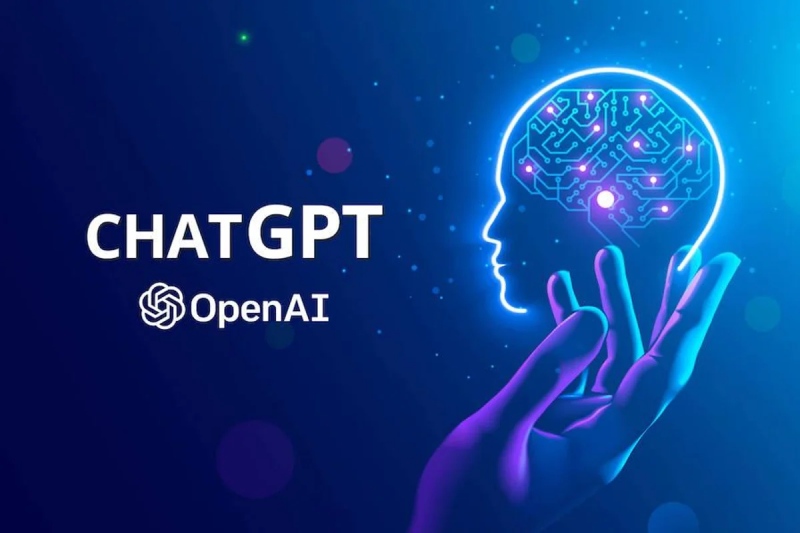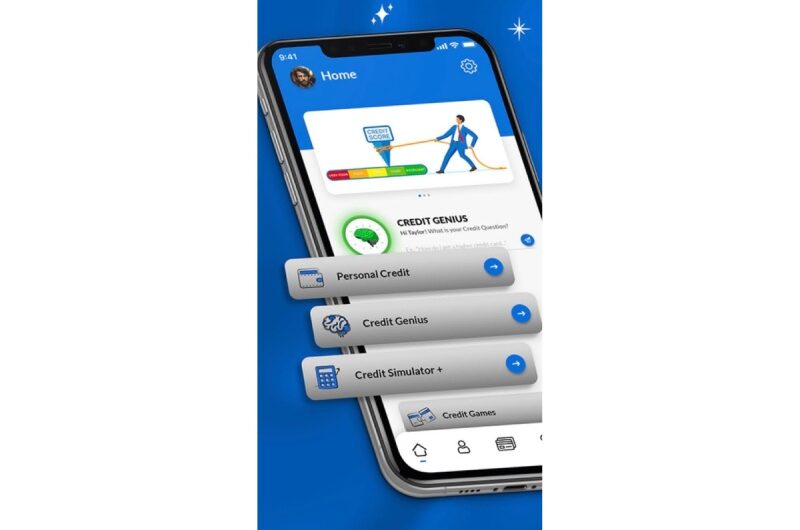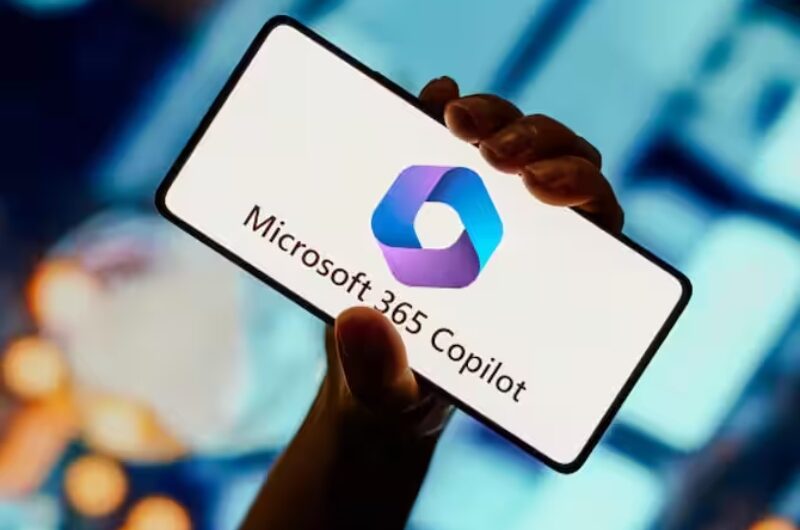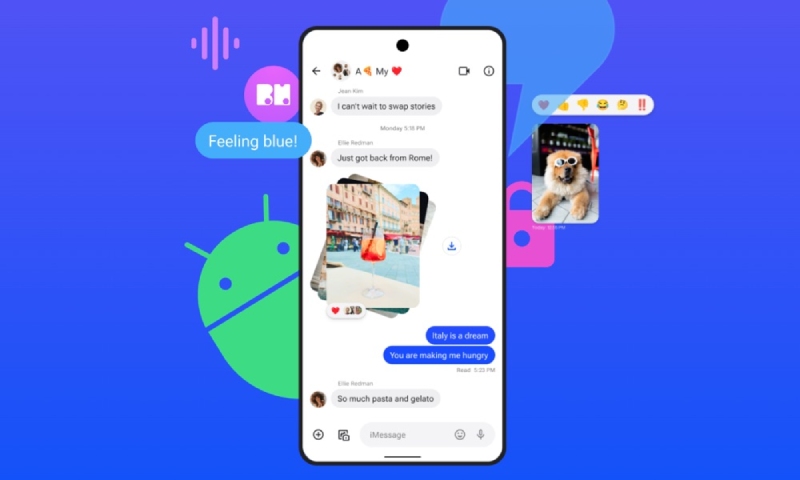To incorporate its ChatGPT technology into educational environments, OpenAI is making major efforts. This action follows early worries that the AI tool would be misused to commit academic fraud. At the INSEAD Americas Conference in San Francisco, OpenAI’s chief operating officer Brad Lightcap said that the business was assembling a specialized team to investigate educational uses for ChatGPT.
When ChatGPT was first released, it caused a generative AI frenzy. Its capacity to produce new, human-like content—from essays to book drafts—first alarmed academics all around the world. Many were concerned that it would encourage copying and cheating in the classroom, which sparked a quick response and limits in educational establishments.
Teachers believed it to be the worst thing that had ever occurred, according to Lightcap, who was reported by Reuters. The majority of educators are currently attempting to find methods to include (ChatGPT) in their lesson plans and methods of instruction.
“We at OpenAI are attempting to help them in problem solving, and we will likely form a team dedicated to that purpose next year,” he continued.
According to Lightcap, teachers who were first hesitant are now realizing the possible advantages of ChatGPT in the classroom. The ability of technology to help with different elements of learning—from producing original content to offering one-on-one tutoring—is becoming more and more popular, he said.
The company will continue its current work to modify ChatGPT for usage in classrooms with the help of the proposed OpenAI team. In order to create AI-powered teaching tools, OpenAI has previously partnered with educational institutions like Khan Academy. It has also partnered with Schmidt Futures to promote educational efforts in disadvantaged regions.
Market for education to grow to $10 trillion
With worldwide spending on education and training predicted to surpass $10 trillion by 2030, artificial intelligence has enormous promise in the field of education. According to the business, ChatGPT might be a useful tool in classrooms, providing services like customized learning materials and curriculum development support for teachers.
Former OpenAI employee and current AI consultant Andrew Mayne highlights ChatGPT’s many educational uses. It can serve as a nonjudgmental tutor for pupils, accommodating various learning preferences and supporting educators in producing interesting and varied teaching resources.
Topics #AI #Artificial intelligence #ChatGPT #ChatGPT for teachers #news #OpenAI #Teachers










